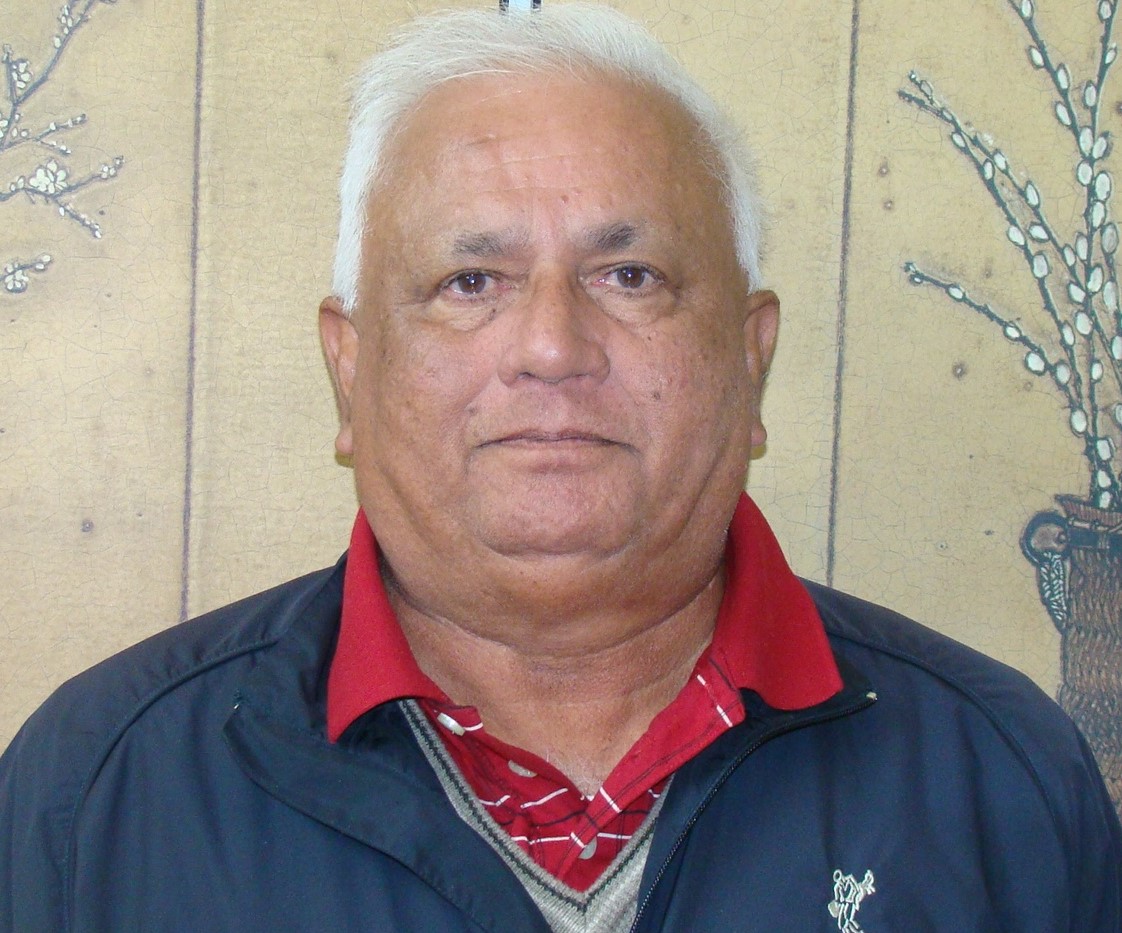The messy contentiousness of parliamentary democracy is on full display. It is not a pretty picture. Partisan political wrangling has strangled any hope of a much-needed political compromise. Instead, head-on confrontation and strong-arm tactics pursued by the government and the opposition are the order of the day.
Deliberation, discourse, and the engagement integral to a functioning democracy have been abandoned. The political culture casts opponents as enemies, and a winner-take-all environment treats compromise as weakness. It is a very unhealthy sign for a struggling democracy and fractured polity.
The corrosive effect of a rigged, corrupt, and broken political system seems to have finally caught up with Pakistan. The result is a country in perpetual crisis mode and broken promises to voters. Political oratory and self-serving propaganda has failed to build a national resolve for the average citizen.
Voters have a tough choice between the dynastic and corrupt old elites and the incompetent and inexperienced new crew. And political leaders and parties must play second fiddle to an aggressive, superior judiciary and an entrenched military bureaucracy to survive in power. It makes a difficult situation worse.
It is unlikely that even national and provincial elections alone can prevent the impending catastrophe. Rearranging deck chairs on the Titanic will not help in a polarized and adversarial environment.
The central focus right now is to manage the crisis of governance and legitimacy at the national and provincial levels that endanger the common good. In the present circumstances, it is necessary to maintain a semblance of domestic political stability and the status quo.
Leaders from both sides of the aisle should take a breather from hatching plots to topple governments already in place. Squabbling legislatures and bickering leaders have done enough damage to the body-politic. Incendiary and polarising politics and raking up controversies do not serve the national interest. Dealing with double-digit inflation and rupee freefall is vital now.
At present, securing the IMF program and preventing sovereign default is critical. Ensuring macroeconomic stabilization, exercising fiscal prudence, and practicing responsible governance can improve the frayed relationship with lenders and investors. Garnering international support for economic consolidation must override uncompromising politics and needless point scoring.
Consistent non-partisan economic policies must follow it. The country must find additional revenue streams, increase foreign reserves, reduce debt, discourage tax evasion, decrease indirect taxes, lower the fiscal deficit, increase exports, and cut government expenditures.
Once the economy stabilizes, the government should announce a date for free and fair elections. The country urgently needs political, economic, and social reforms. The wish list is long, challenging, and probably unachievable in the near term:
For instance, the parliamentary system requires structural changes to work. A functioning separation of powers and checks and balances between the legislative, executive, and judicial power is crucial. The country wants empowered legislatures and confident leaders, undeterred by external pressures. Unfortunately, the current power dynamics favor unelected branches of government. Any changes will require the support of an informed and involved citizenry.
In addition, political forces must agree on a charter of the economy that ensures that the country avoids frequent boom-and-bust cycles. Political consensus to reform the economy has remained a pipedream. The current economic crisis provides probably the last opportunity to change course from low growth, high inflation, and a chronically ill economy burdened by a mountain of debt.
Finally, Pakistan must address abysmal human development statistics, particularly for women's education and literacy. Yet, with over 50% of the budget going towards debt servicing and national defense, there is little fiscal space for investment in infrastructure, health, and education crucial to social and economic progress.
Perhaps the time has come to replace the rent-seeking national security state to free up resources to build a sustainable, inclusive, modern country.





